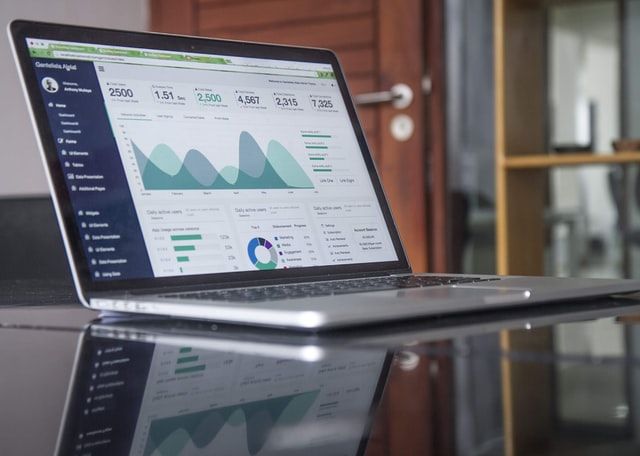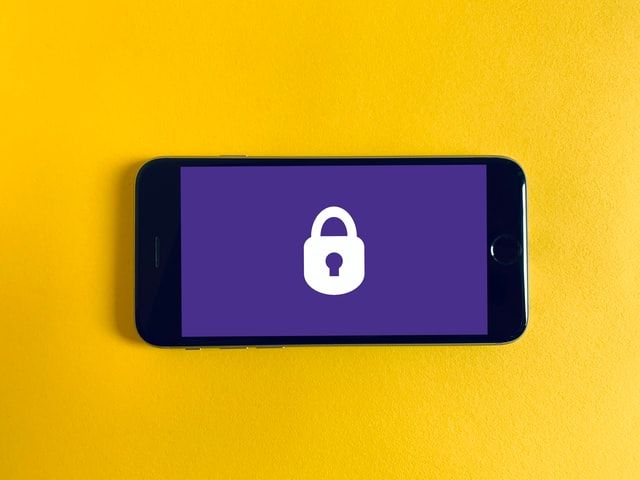Under the Hood - Maintenance
Posted on:
When we first create a webpage, we think it will last forever. It’s done, the website is live and now I don’t have to think about it for another 5-10 years. However software moves faster than we do, and developers around the world are racing to create the next best feature or benefit. This means that the software that your website is built with or hosted on can be changing just as quickly as the current fashion. We still need to keep up to date with the latest trends and keep an eye on your websites to make sure that they stay secure, up to date and continue to function effectively and flawlessly.

You may only need to refresh your content occasionally (although a regularly updated blog is great for your SEO) but your security is an everyday concern. You need to stay up to date with any security vulnerabilities and trends that are going on, or by having a web developer who does this for you (like AimHigher Web, check out our support plans.)
Security Issues
Priority number one should always be security. As we grow more attached to the internet, and more people find more ways to access information, details, and data that they shouldn't, maintaining a strict security check is crucial to protect your customers' data, your data, your website, and your finances.
Using a large name webpage platform can ensure that there are a large number of people coding updates and security patches, but it is your responsibility (or the responsibility of whoever manages your website) to ensure they are applied correctly to your website.
This is especially important if you have an online store where you’re taking people’s addresses, phone numbers, email addresses and credit card details, but even if you have something as simple as a contact form you might be exposing the data of your clients. This is why browsers are making sure that your website has an SSL certificate, but even then if someone is able to access where you’re storing the data, they can still steal it.

Try thinking of your website security the same way you think of your house security. Your house is secure, you’ve got locks on all the doors and windows, and security cameras on all the main entrance points, anything you leave inside the house must be safe right? But after a while, burglars work out that there’s a flaw in your window locks, and they can tap the lock at the right spot to open it without a key, this is called a security vulnerability. If you’re keeping up to date with the what’s going on with security (or have hired a company to do it for you), you’ll find out about this straight away, and can change the locks on your windows before anyone manages to break in.
It can be a bit overwhelming to keep up to date with all these changes though, there are so many different types of locks being used (these are the plugins on your website, the platform it’s built on and where it’s hosted), and you’ve already got a lot on your plate with a business to run, and things to do at home as well as anything else that’s going on in your life. This is where it’s often easier to hire a web developer to keep on top of this for you, which they usually offer through a support and maintenance package.
Ideal features to look for in a maintenance package:
Any decision is better than none but not all maintenance packages are the same. Always look for a provider who is happy to take the time to answer questions and look after your business, as well as consider the list below.
- Website updates - Are they being done, how often (and is this enough for your business) and where are the updates being stored (if they’re in the same place as your website, and you lose access to that, the backup isn’t really useful)
- Website "uptime" monitoring - Sometimes websites go down, but it’s important to make sure that this doesn’t happen for long and if it’s happening regularly that there isn’t something wrong with your website host.
- Website Updates - The software that your website runs on (eg. WordPress), and any plugins it uses need to be kept up to date so there’s no security vulnerabilities (remember the locks on your windows)
- Security scans - Just in case there’s anything else going on, running regular security scans and monitoring people trying to access your website is important. This checks that people aren’t trying to login using common usernames and passwords and that they’re not trying to get in another way
- Website Analytics - Do you know how many people are using your website, where they come from, whether they’re on their phone or a desktop and what pages they’re looking at?
- Support Time - Does this include additional time for support, answering questions, writing documentation and making changes to the website for you?
- Bonuses or Discounts - Maybe you get a discount on any other work, or have access to any free plugin licenses?
When something goes wrong
When there are issues, what happens next? Do you know how much developer time you get included? What if the problem is a big one?
Procedures and support for minor issues as well as some support time to fix such issues is the best way to offload the stress of constantly monitoring your webpage. Products in Wordpress can often assist with updates, backups and monitoring, but will all come at an increased cost, and require something irreplaceable - your time. Outsourcing maintenance is one of the best ways to let someone else spend the time stressing about your site for you.
When maintenance requires your site to be offline temporarily, it is always best to let your customers know how long the inconvenience might be. Keeping on top of small maintenance means larger updates run smoothly, take less time, and involve less trouble shooting and risks.
Is maintenance really that important? YES

Should I be worried?
No! But you should ask your host about their maintenance packages (and if they don’t have one, we do). A maintenance package for your website is like an insurance policy, you hope you never have to use it but you’re always glad you’ve got it when you do. Every day we read about millions of people’s data being misused because of a security issue or security flaw in a company’s webpage. If you don't want to end up as a warning to other businesses, you should look into maintenance contracts today.
